Deck & Commander Strategies

Ragavan, Nimble Pilferer
Aggressive early game tempo and resource denial through dealing damage, generating treasures, and exiling opponents’ top cards to disrupt their plans and accelerate its own game plan.

Urza, Lord High Artificer
Utilizing artifact synergies and mana generation to assemble combo pieces, generate card advantage, and control the board through multiple artifact interactions.
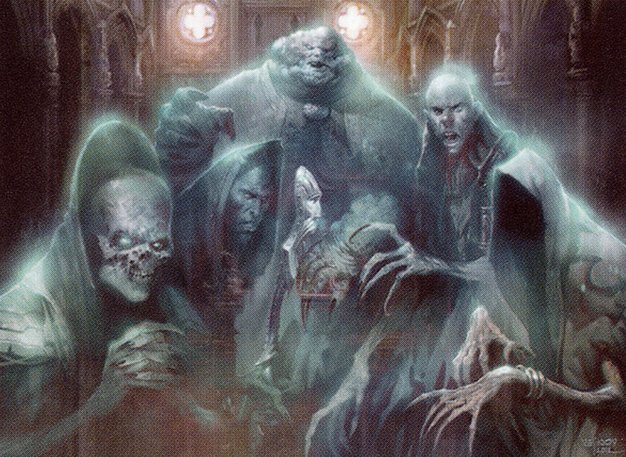
Obzedat, Ghost Council
Combining life drain, control elements, and recursion to stabilize the board and slowly whittle down opponents’ life totals while protecting its own board state.

Lurrus of the Dream-Den
Leveraging persistent value from recurring low-cost permanents and spells with a focus on incremental advantage and resilience.
Will
Midrange value with card draw engines and incremental advantage, aiming to control the pace of the game and capitalize on attrition effects.

Bjorna, Nightfall Alchemist
Aggressive tempo and incremental advantage through damage and card draw synergies, aiming to pressure opponents while maintaining board presence.

Wernog, Rider's Chaplain
Life gain and sacrifice synergies to control the board and generate value through recurring creatures and incremental advantage.
Gameplay Insights
- 1
Ragavan’s ability to exile the top card of opponents’ libraries and generate treasures created constant tempo pressure and disrupted key plays, which forced opponents into reactive positions early on.
- 2
Urza’s artifact ramp and card draw engines allowed for powerful turns, but sequencing issues and lack of land drops slowed the deck’s combo potential.
- 3
Obzedat’s life drain and recursion combined with control elements provided a strong midgame presence that helped stabilize and convert incremental advantages into lethal damage.
- 4
The decision to cast Demonic Consultation to exile the library rather than searching for a specific card was a critical moment that bought a single turn but ultimately was insufficient to turn the tide.
- 5
Players effectively used Mystics Remora and Scroll Rack to maintain card advantage despite aggressive early damage.
- 6
Ragavan’s aggressive attacks combined with life loss effects rapidly depleted opponents’ life totals, culminating in a swift elimination and securing the win condition through combat damage and attrition.
Notable Cards
-

Ragavan, Nimble Pilferer
-

Urza, Lord High Artificer
-

Obzedat, Ghost Council
-
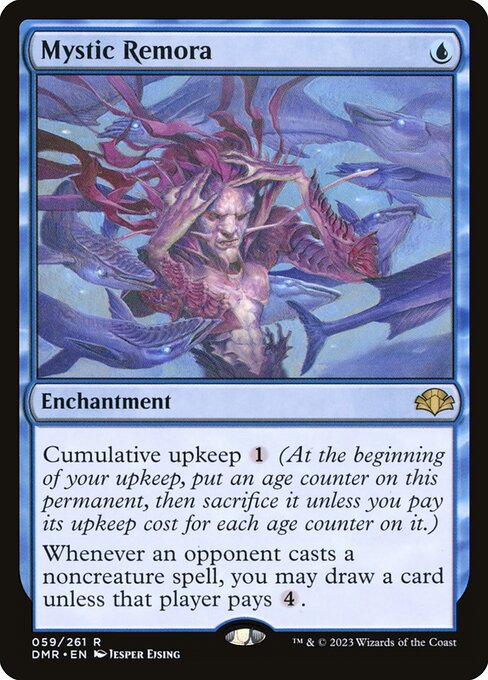
Mystic Remora
-

Jeweled Lotus
-
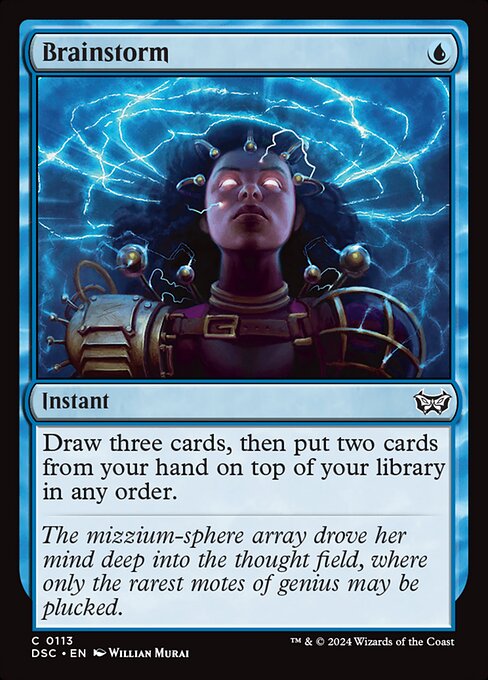
Brainstorm
-
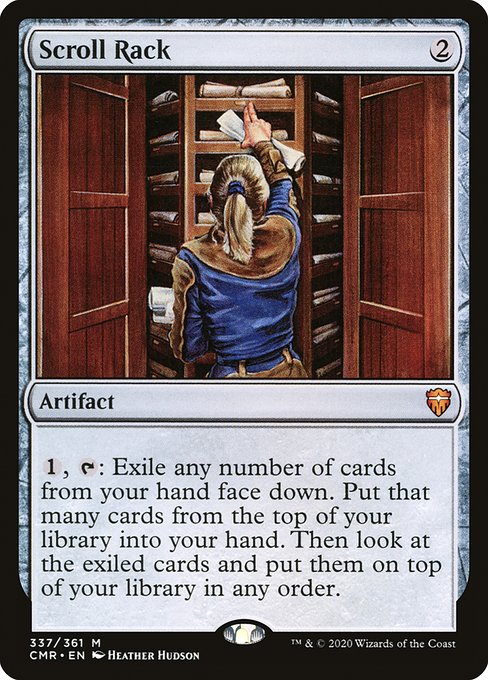
Scroll Rack
-
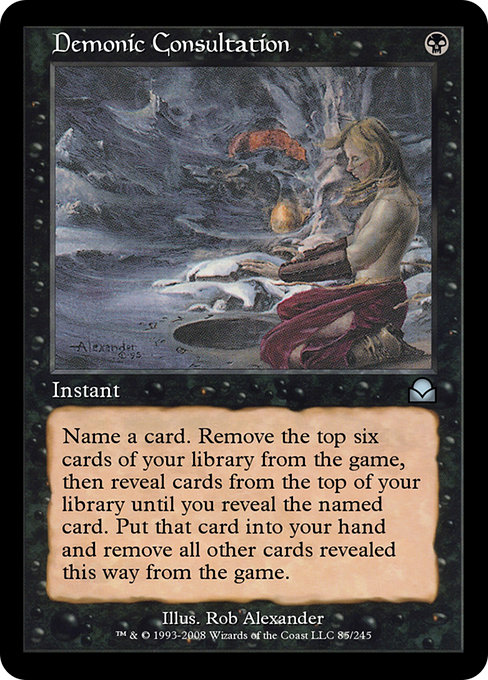
Demonic Consultation
-
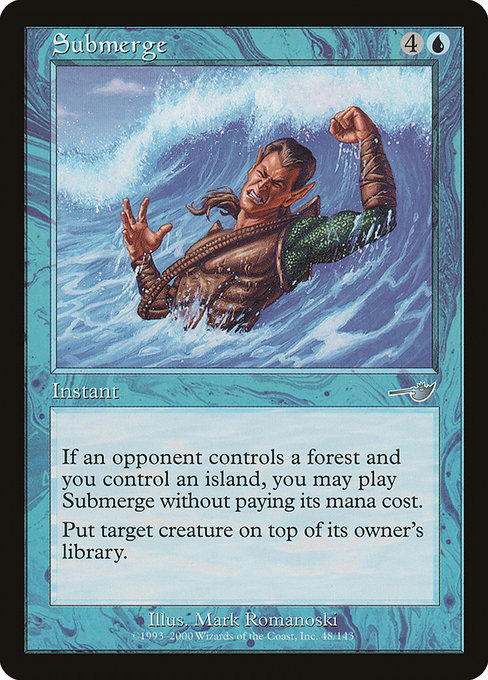
Submerge
-

Ghostly Prison
-

Fierce Guardianship
-
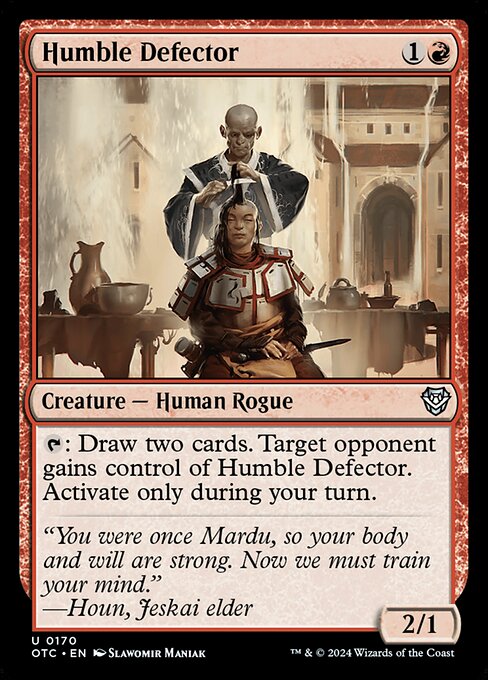
Humble Defector
Gameplay Summary
The game started with Ragavan quickly establishing early pressure by dealing incremental damage and generating treasures, while Urza ramped through artifact synergies to establish board presence and card advantage.
Mystic Remora and other card draw engines kept players cycling through cards rapidly.
Obzedat, Ghost Council's player utilized life manipulation and control elements such as Ghostly Prison to stabilize, slowly draining opponents' life totals and recurring threats.
Ragavan’s aggressive early plays forced opponents to take significant damage, while Urza's artifact mana and combo potential threatened to overwhelm the table.
A pivotal moment occurred when Ragavan's player leveraged Underworld Breach (exiled under Ragavan’s ability) and a succession of mana rocks and draw spells to gain tempo, but the lack of land drops and a stalled hand limited the follow through for some players.
Obzedat’s player orchestrated lethal swings combined with life loss triggers to reduce opponents’ life totals, culminating in the elimination of one player at 1 life after a devastating Ragavan attack and subsequent triggers.
The game ended shortly after, with aggressive damage and attrition from Ragavan combined with life drain from Obzedat proving decisive before Urza and other players could fully assemble their combos.















![Random Decks, Hidden Roles! [Commander VS 301] | Magic: the Gathering Commander Gameplay thumbnail](https://i.ytimg.com/vi/Pel5HCJg5cQ/sddefault.jpg)








![Will & Lucas & Lurrus vs. Light-Paws Auras [Duel Commander-EDH] - Magic: The Gathering thumbnail](https://i.ytimg.com/vi/zPBZUTfkcLI/sddefault.jpg)
![Top 8 Gameplay - ZAP MONTHLY 2/22 w/ EN Commentary [Duel Commander-EDH] - Magic: The Gathering thumbnail](https://i.ytimg.com/vi/Fkc_9UF2uTg/sddefault.jpg)















